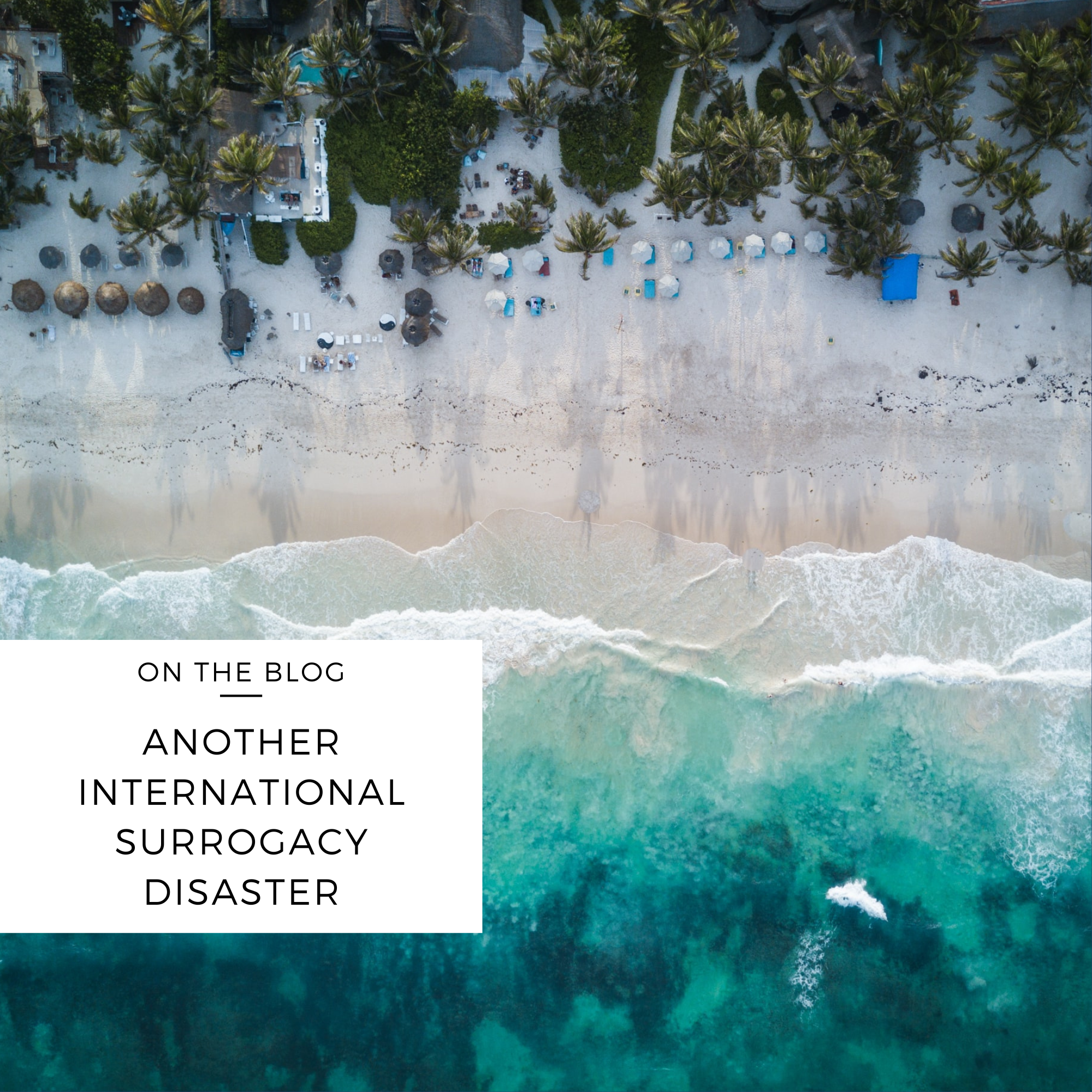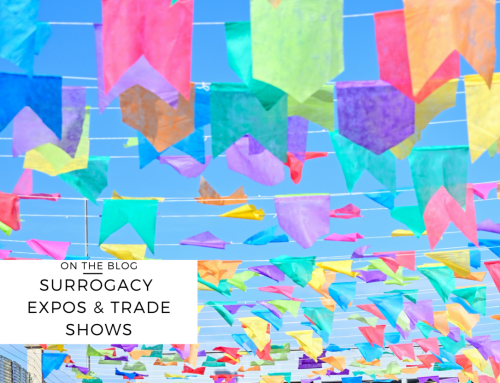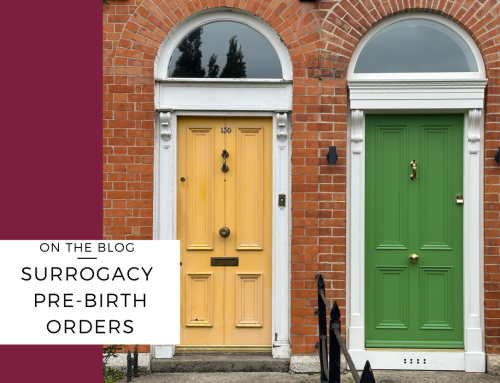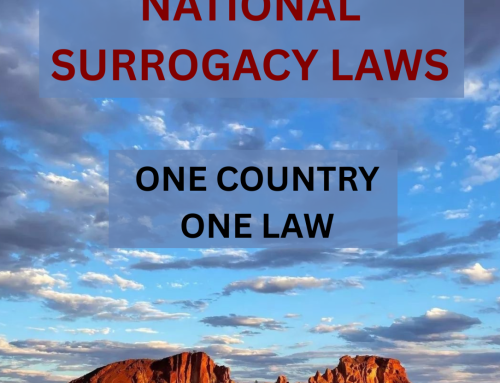August 2023: There’s news of police raids and arrests in a Crete fertility clinic, which was providing surrogacy fertility services including for Australian intended parents. There are allegations of surrogates not being paid and being trafficked across borders, and of babies being sold in fraudulent surrogacy arrangements to international intended parents.
Intended parents with a surrogacy arrangement underway or embryos in storage are struggling to find out where their surrogate is, or access their gametes from storage. The Greek authorities are refusing to allow intended parents to take custody of babies born until a DNA test confirms the genetic link. Pregnant surrogates have fled the country to avoid prosecution. By late August, some intended parents have been united with their babies after DNA confirmed parentage.
Intended parents mortgage their homes and pool their savings to enter a surrogacy arrangement. And they’re sold an idea – by someone in Australia – that the best place for them to pursue surrogacy is in a destination country where the laws are lacking, the surrogates are exploited and the entire process is risky for them, the surrogate and the baby.
The person who sold them the idea is also paid by the agency or clinic in the destination country. They make money when it goes well, and they make even more money when it goes badly.
Clinics and lawyers sponsor surrogacy events in Australia run by organisations that send intended parents overseas. Why do they do this, without questioning the ethics or integrity of what they are supporting? Are they ok with having their name associated with unethical international surrogacy?
It looks like a stack of dominoes.
First there was India, then Thailand. Then Nepal and Laos. Ukraine. Now Georgia, and Greece.
Next will be…Mexico? Colombia? Argentina? Kenya? Or will it be the latest offering – Uganda?
We will continue to see awful stories about international surrogacy and having these conversations as long as unethical operators are allowed to exploit intended parents and send them to destination countries where surrogates are also exploited. The Australian government needs to crack down on these deceitful, unethical players who exploit intended parents.
The babies are at risk. The intended parents are at risk. And the surrogate is at risk.
It’s time for reform. What we need are robust, Australian surrogacy laws that support and encourage intended parents to enter a surrogacy arrangement in their home country. We cannot criminalise commercial surrogacy in Australia and then take no responsibility for Aussies going overseas. We cannot prohibit advertising and then expect intended parents to find a surrogate in Australia.
75% of my clients find a surrogate within their existing networks. The remaining 25% rely on a Facebook group to help them find a surrogate. Hundreds of babies are born overseas for Australian intended parents each year, while only 105-110 are born within Australia.
We know Australian surrogacy can work. Each year, I advise on nearly 150 Australian surrogacy arrangements, congratulate many intended parents and surrogates on the birth of their baby. But I also advise over a hundred intended parents each year, who are heading overseas because surrogacy in Australia is too hard.
The state and the Commonwealth governments must take responsibility for its own citizens engaging in risky international surrogacy arrangements, and clean up the industry which exploits vulnerable people and children.
Surrogacy is possible in Australia. You can read about how to find a surrogate, or how to become a surrogate yourself. You can also download the free Surrogacy Handbook which explains the processes and options.
You can read a broad overview for surrogacy in Australia and how it works.








